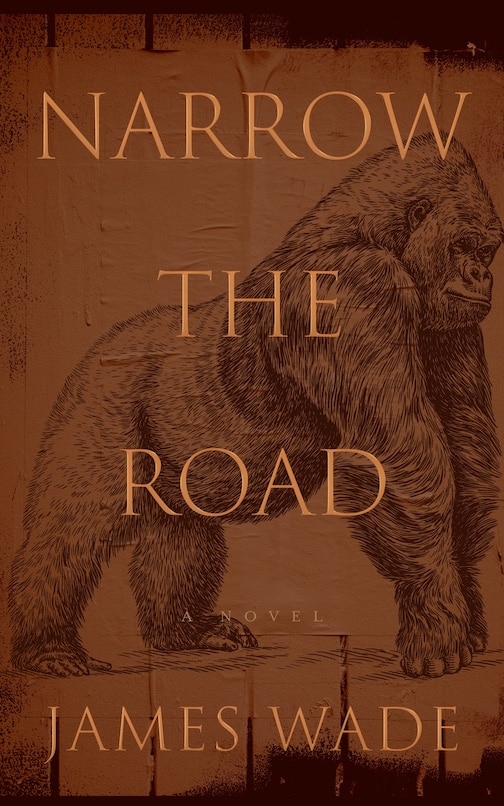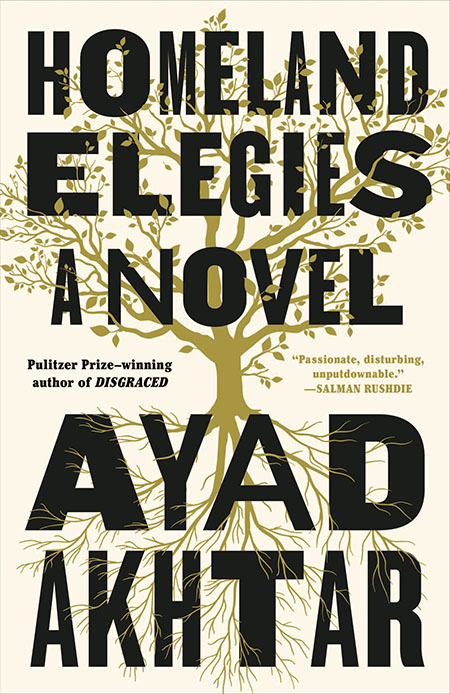Between Two Worlds
In Evil Eye, a young woman navigates cultural crossroads in search of herself
Born in Brooklyn to Palestinian immigrants and now living in a small town in North Carolina, Yara is a young mother and art teacher navigating a web of cultural crossroads. Balancing her family’s expectations around household duties with her own desires to be an artist and professor proves increasingly challenging as she feels the inevitable isolation that comes with being the only common denominator between two different worlds.
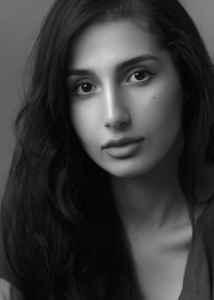
Yara’s struggle to carve out a place for herself without losing what she loves is the heart-wrenching tension that builds throughout Etaf Rum’s Evil Eye. Rum conjures Yara’s splintering sense of self with spellbinding intensity, crafting a surprising coming-of-age story about a daughter of immigrants haunted by generational trauma and seeking a life of intense purpose.
Throughout the novel, the third-person narrative is peppered with excerpts from Yara’s journal, where the reader glimpses vivid childhood moments with her mother and grandmother, often while visiting the latter in Palestine. In these kaleidoscopic vignettes Yara encounters significant matriarchal lessons, some simple and some complex: how to prepare traditional dishes, how to behave as a wife and mother, and how to avoid bad luck. Yara is given a talisman to ward off the curse of “the evil eye”: “[If] she took a seat at the corner of a table, Mama would shout at her that it was a sign she would never get married. If she left a shoe upside down, it meant she was spitting at God. If she flaunted a good grade on a test, Mama would slap her knees, say a prayer in Arabic, and remind Yara not to share her good fortune out loud, lest she be cast with the evil eye, a curse that would bring continuous misfortune.” As she reflects on her childhood, Yara contemplates whether the hardships in her life are caused by such a curse or simply brought on by the challenges of being a woman in her particular time and place.
As the cognitive dissonance in her life grows cacophonous, Yara’s relationship with her husband Fadi grows tense. When an opportunity to travel to Europe as a sponsor for a study-abroad trip comes along, Yara yearns to go and struggles to connect with her coworkers, who can’t empathize with her inability to leave her family responsibilities. At home, Fadi similarly fails to see why she might possibly wish to experience things beyond their home life. The lack of support and understanding leads Yara to isolation and intense self-doubt: “Why was she in this position, waiting for a man to give her permission to go after the things she wanted? Shouldn’t she have known by now to depend on no one? Not a parent, not a brother, not a husband. That no one would soothe the pain in your heart. No one will rescue you.” Yara’s emotional volatility is palpable as she struggles to create happiness for herself as well as her daughters.
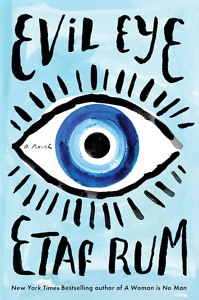 At school, Yara finds an unlikely ally in Silas, who, while native to their small North Carolina town, is somewhat of a fellow outsider due to coming out as gay after marrying a woman and becoming a father. Exchanged recipes for hummus and pimento cheese lead to an exchange of life stories, and a delightful friendship forms. Silas encourages Yara to learn more about herself through therapy and journaling, and as she begins this process of healing she also begins painting more and learns to listen to herself: “She pulled out her journal, spread it open on the table, and felt with each word she was coming closer to understanding how she had become the woman she was now. She could see how she’d been living in a box that no longer fit, her parents’ stories and paradigms weighing heavily on her, and how hard it was for her to lift them off and go her own way.” As Yara identifies the narratives that have spoken this box into being, it becomes possible for her to envision a life beyond it.
At school, Yara finds an unlikely ally in Silas, who, while native to their small North Carolina town, is somewhat of a fellow outsider due to coming out as gay after marrying a woman and becoming a father. Exchanged recipes for hummus and pimento cheese lead to an exchange of life stories, and a delightful friendship forms. Silas encourages Yara to learn more about herself through therapy and journaling, and as she begins this process of healing she also begins painting more and learns to listen to herself: “She pulled out her journal, spread it open on the table, and felt with each word she was coming closer to understanding how she had become the woman she was now. She could see how she’d been living in a box that no longer fit, her parents’ stories and paradigms weighing heavily on her, and how hard it was for her to lift them off and go her own way.” As Yara identifies the narratives that have spoken this box into being, it becomes possible for her to envision a life beyond it.
Rum’s Evil Eye — the follow-up to her widely praised 2019 debut, A Woman Is No Man — is an empowering story about modern womanhood written with immense compassion. As Yara claims her own path, she must let go of the idea that to fulfill her own purpose is to bring shame to her family. Instead, she chooses which parts of her upbringing and her present-day reality she wishes to cherish and share with her own daughters — the greatest of these being her fullest self.
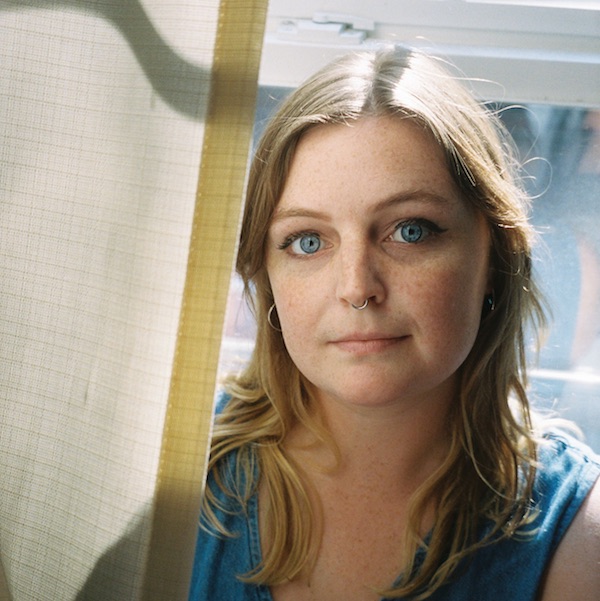
Lauren Turner is a writer and musician (Lou Turner, Styrofoam Winos) in Nashville. She is an M.F.A. candidate in poetry at Randolph College and the author of Shape Note Singing, her debut chapbook from Vegetarian Alcoholic Press. Turner’s latest record, “Microcosmos,” has been featured in Uncut Magazine, Pitchfork, and on NPR’s All Songs Considered.
